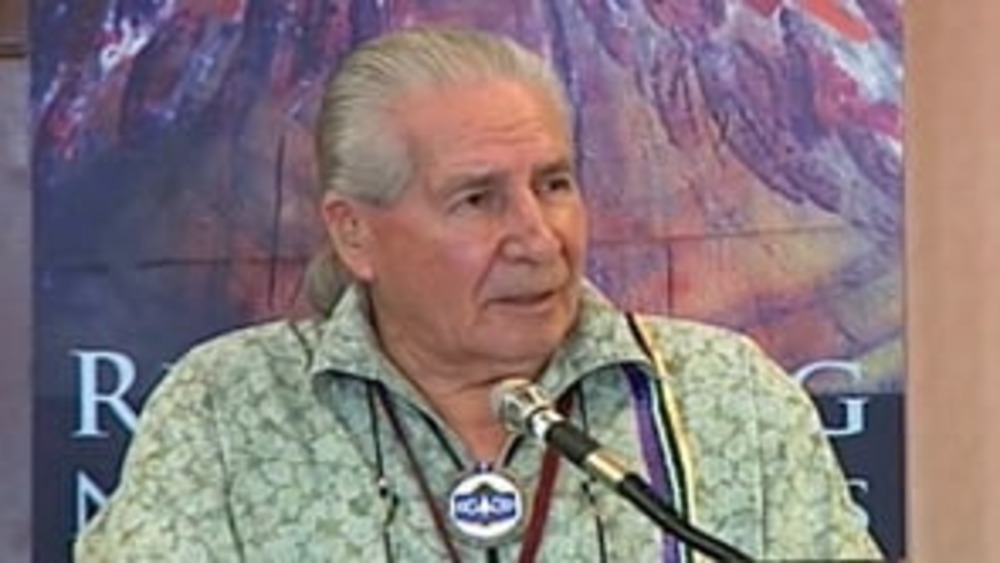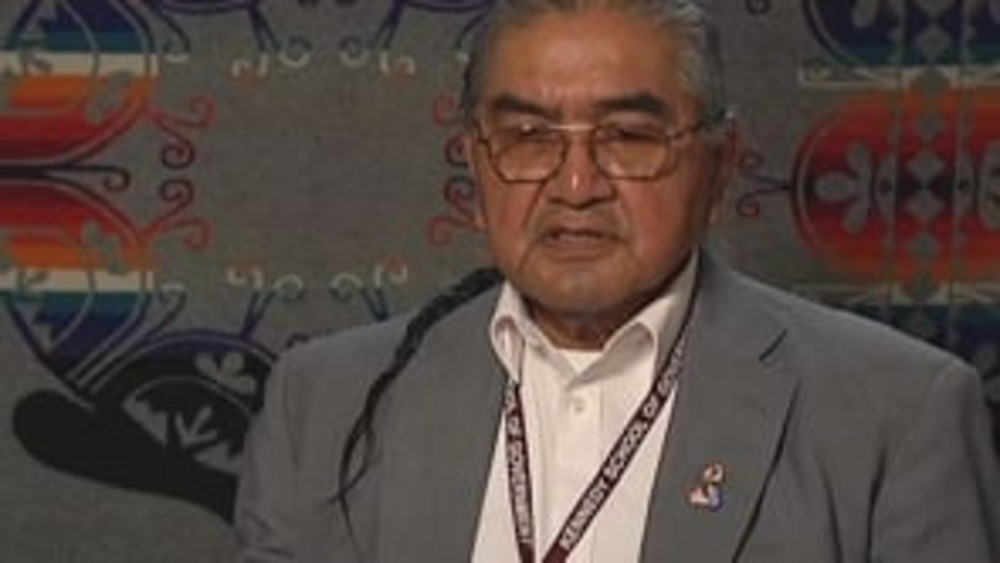Indigenous Governance Database
Ivan Makil
Thumbnail

From the Rebuilding Native Nations Course Series: "The Strategic Approach to Leadership"
Native leaders discuss why it is important for Native nation leaders to take a strategic approach to leadership, stressing that the decisions they make must be made with the culture and values of their people and the next seven generations in mind.
Thumbnail

From the Rebuilding Native Nations Course Series: "The Importance of Strategic Planning"
Native leaders explain the importance of strategic thinking and planning to effective Native nation governance and emphasize the consideration of future generations in Native nations' decision-making processes.
